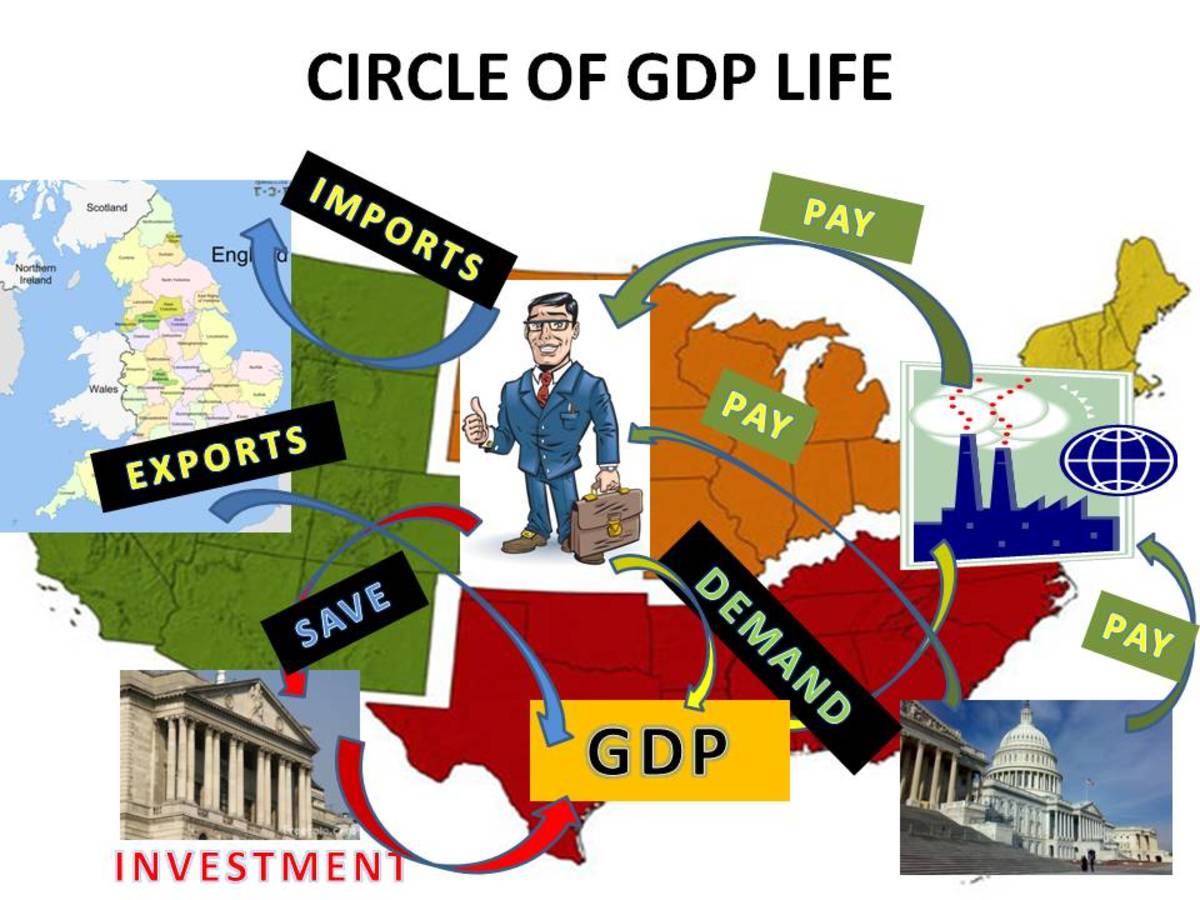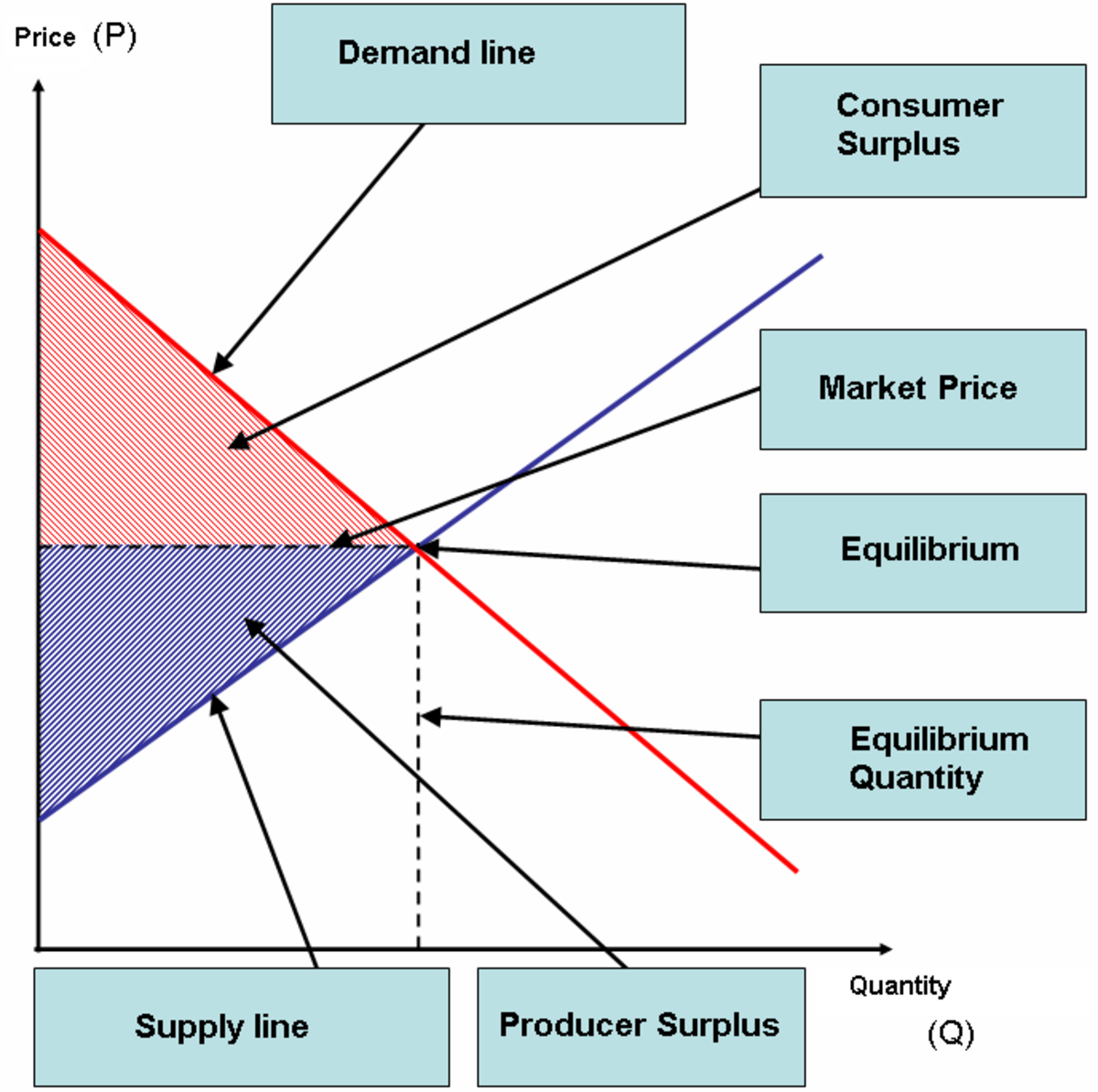In World Economics, What is a Rating Agency?
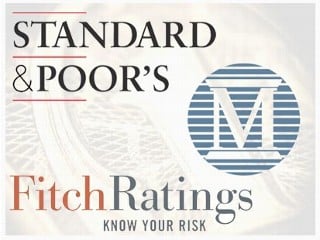

In world economics, we often hear that this country or that country has had theircredit rating dropped, to the great consternation of everyone, but just who decides these things?
What exactly is a rating agency?
Who elects them?
For the biggest rating agencies in the world, we have to look to the United States where we find the three most influential credit rating agencies - Standard & Poor, Moody's and Fitch.
An unlikely trio of names that no doubt make a lot of people both moody and poor!
Although based in the US, the North American government has no control over these private sector bodies of independent financiers, who have grown so powerful, they now have more control than any elected entities.
The US financial watchdog, the Security's and Exchange Commission (SEC), acknowledged these three companies as National Recognized Stastistical Ratings Organizations (NRSRO) in 1975.
If any company, or indeed country, wishes to borrow money, it is the job of the rating agency to look into their finances and give them a credit rating.
This rating depends on their actual likelihood of paying back the loan.
The lower the rating, the less likely they are to repay, and so the interest rate they are charged is higher.
The NRSRO are responsible for acknowledging the credit-worthiness of businesses and countries wishing to issuebonds, which is a fancy way of saying borrow money, and so a nod from them can be of vital importance to the bond issuer.
Standard & Poor
Standard & Poor began in 1860 by Henry Varnum Poor, a lawyer and financial analyst who had written a book called The History of The Railroads and Canals in the United States.
The company was initially called H.V. and H.W. Poor Co, and he took it upon himself to publish an updated version of his book annually as an aid to investors.
In 1906, Luther Lee Blake founded the Standard Statistics Bureau to provide non railroad statistics, and in 1941 the two companies merged to become Standard & Poor's Corporation.
- The company made $762M in 2010.
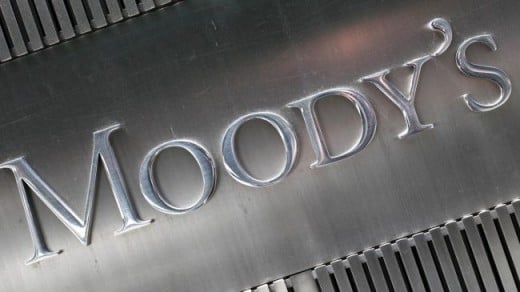
Moody's
Moody's was founded by John Moody in 1909, who is credited with having being the inventor of bond credit ratings, as they are used today.
In 1900, John Moody published a book entitled Moody's Manual of Industrial and Miscellaneous Securities which was a runaway success, and detailed statistics relating to stocks and bonds of financial institutions, government agencies, manufacturing, mining, utilities, and food companies of the day. He formed a company known as John Moody & co.
His updated journals very quickly became nationally recognised, but his business sadly failed to survive the 1907 financial crisis, known as the 1907 Bankers Panic, and he went under, only to make a come-back 2 years later to found Moody's Analyses Publishing Company.
Today, it is known as Moody's Corporation.
- They made $688M in 2010.
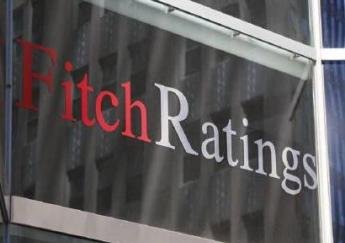
Fitch
John Knowles Fitch started the Fitch Publishing Company in New York in 1913.
He developed a financial securities rating system and published several books, among them the Fitch Bond Book, and the Fitch Stock and Bond Manual.
He also provided daily statistics on the New York stock exchange for investors.
Today the Fitch Group are the third biggest rating agency in the world.
The NRSRO and some of how it all works
While there are hosts of other credit rating agencies, those above are the ones everyone pays attention to, precisely because of the NRSRO awarded them by the SEC in 1975.
There are actually 10 NRSRO rating agencies all in, but it is the big three that everyone listens to.
- The SEC themselves demand that certain regulated investment funds must only hold bonds from those awarded the highest possible ratings from the NRSRO accredited agencies.
- At the same time, insurance and investment companies are they themselves judged and rated on the quality and reserve of the investments they hold.
- So if a regulated investment fund holds a bond from a country that has been downgraded in the ratings, they may then be forced by law to sell on the loan they made to the country.
- When they are no buyers for the bond, the price drops meaning that the bond issuer then has to repay even more.
And we thought it was only loan sharks who did this?

How do rating agencies decide what rating to give?
According to spokesperson from Standard & Poor, a committee of 5 to 8 people make the actual decisions, based on a range of factors.
They base their decisions on "economic, regulatory and geopolitical influences, management and corporate governance attributes, and competitive position of the borrower" among a host of other indicators.
Until the credit crunch of 2007 it could be said that their decisions were dubious at best.
Mortgage-backed securities were in the past given the highest possible rating, even when there was little to no chance of them ever being repaid, and with some of them being fraudulent.
Similarly government-backed debt is good one minute, not so good the next, and with the change in rating plunging countries into further misery and debt as their interest rate rises to pay for the credit rating drop.
In Europe, it could be said that the whole rating system itself is contributing to the financial crisis affecting Italy, Spain, Greece and other EC countries.
Credit ratings and what they mean
Moody's
| Standard & Poor's
| Fitch
| Meaning
|
|---|---|---|---|
Aaa
| AAA
| AAA
| This is the best possible rating
|
Aa1
| AA+
| AA+
| miniscule less- higher interest rate
|
Aa2
| AA
| AA
| higher again
|
Aa3
| AA-
| AA-
| and yet higher
|
A1
| A+
| A+
| just a little bit chancy - charge 'em more
|
A2
| A
| A
| more again
|
A3
| A-
| A-
| yet more
|
Baa1
| BBB+
| BBB+
| should be able to repay, but not 100%
|
Baa2
| BBB
| BBB
| chancy
|
Baa3
| BBB-
| BBB-
| chancy
|
Ba1
| BB+
| BB+
| charge 'em more, they likely can't pay
|
Ba2
| BB
| BB
| dodgy
|
Ba3
| BB-
| BB-
| extremely dodgy
|
B1
| B+
| B+
| very dodgy
|
B2
| B
| B
| extremely and very dodgy
|
B3
| B-
| B-
| forget it!
|
Caa
| CCC
| CCC
| vulnerable to bankrupcy
|
Ca
| CC
| CC
| big no no
|
C
| C
| feeling generous?
| |
C
| D
| D
| go on, buy the country!
|







